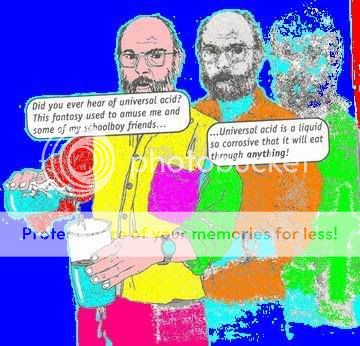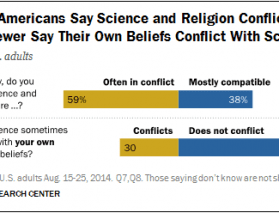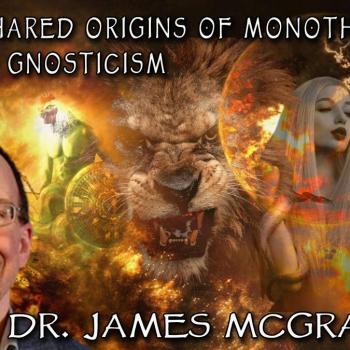We human beings have a tendency to take what little information we have and extrapolate from it into a worldview that guides our lives and our decisions. Perhaps that is inevitable. What makes it particularly pernicious, however, is our tendency not only to make generalizations based on our limited knowledge, but to then affirm with unswerving certitude that which we claim to know.
Darwin is rightly getting a lot of attention at the present, but we should not neglect the legacy of misuse of Darwin’s theory. While biologists and those in related scientific fields have found his insight has led to a greater understanding and has even opened up exciting new fields and avenues of inquiry, since it was first formulated, people have appealed to Darwin’s powerful insight to justify all sorts of contrasting viewpoints: Communism and unbridled Capitalism, abandonment of religion and belief in our spiritual evolution, racism and the inevitability of progress.
The danger is that, in the ensuing debates about whether or not Darwin was a racist, the more fundamental issue will get missed. To the extent that Darwin may well have had mistaken notions about “races” in his time, such ideas characterized Europeans and Americans more generally, and were widespread among Christians and even “creationists”. There are, I suspect, significant numbers of racist creationists around today, too. Such views don’t require Darwin’s theory of evolution, and if they appeal to it as justification, it is but another sign of the ignorance of those making the appeal.
 But the heart of the matter is that people continue to appeal to Darwin’s theory, and to all sorts of other insights whether in science, religion or some other domain, as justification for things that they cannot legitimately justify.
But the heart of the matter is that people continue to appeal to Darwin’s theory, and to all sorts of other insights whether in science, religion or some other domain, as justification for things that they cannot legitimately justify.
Daniel Dennett is wrong when he calls Darwin’s theory a “universal acid“. The only force that seems to be universally corrosive is to appeal to scientific theories in illegitimate ways to justify our instinctive and emotional responses, our ideologies, biases and bigotries, and to give them a veneer of certainty and objectivity.












